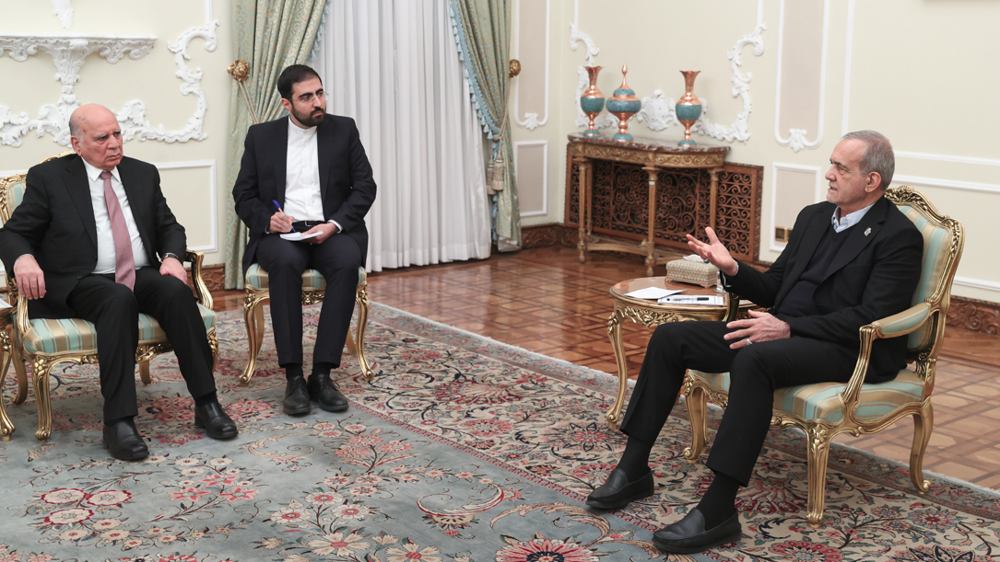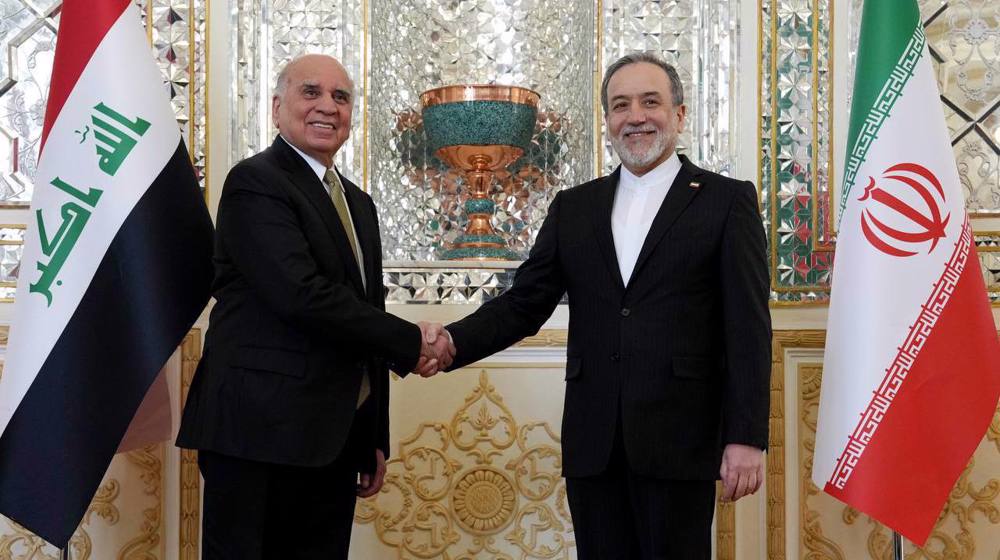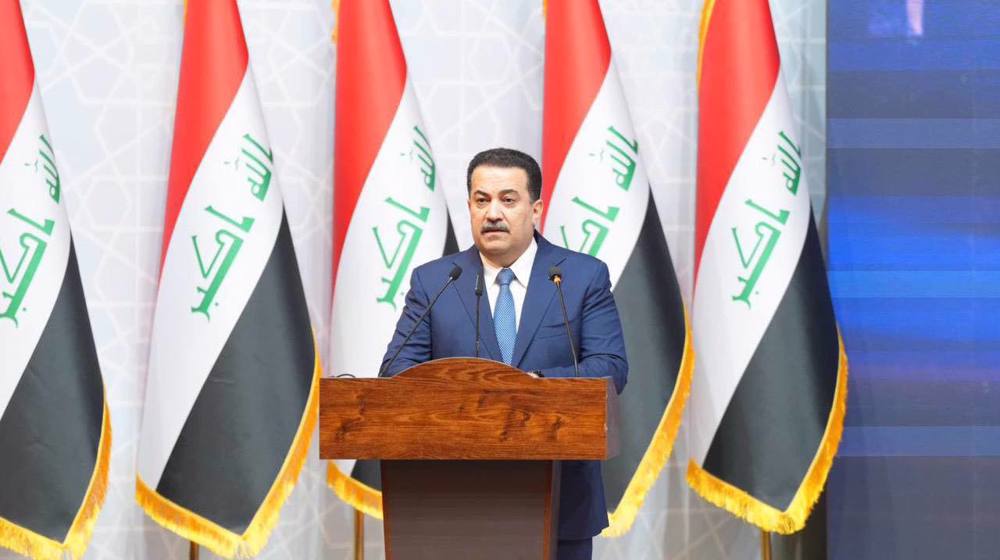Reactions to Iraqi Kurdistan referendum continue
Reactions continue to pour in over the independence referendum in Iraq’s semi-autonomous Kurdistan region, which was held in defiance of widespread calls for its cancellation.
On Tuesday, Turkish President Recep Tayyip Erdogan warned Kurdistan Regional Government (KRG) President Masoud Barzani that pushing for independence risked sparking an “ethnic war" in the region.
“If Barzani and the Kurdish Regional Government do not go back on this mistake as soon as possible, they will go down in history with the shame of having dragged the region into an ethnic and sectarian war,” Erdogan said in a televised speech.
He also emphasized that all options, from economic to air and land military measures, were on the table in response to the Kurdish vote.
“This referendum decision, which has been taken without any consultation, is treachery,” Erdogan said.
The Turkish president said that only the Tel Aviv regime would recognize the Kurdistan independence.
“Who will recognize your independence? Israel. The world is not about Israel,” he said, adding, “You should know that the waving of Israeli flags there will not save you.”
Iran’s Majlis (Parliament) Speaker Ali Larijani also expressed regret on Tuesday that the plebiscite had been held even as the Daesh terrorist campaign had yet to be fully taken care of in the Arab country.
Larijani said the Islamic Republic had earlier warned Kurdish authorities that the vote would “create new tensions within Iraq as the issue of terrorism has not yet been resolved.”

Larijani referred to the formation of terrorist groups in Iraq and said certain countries had come to assist those groups in order to deprive the Iraqi people of their right to determine their own fate.
“Just as the Iraqi nation was moving toward the determination of its own destiny, terrorist currents formed multiple groups... [and] Daesh grew with the help of some regional countries and states like the US and seized parts of Iraq,” the top Iranian parliamentarian said.
He further stressed that Iran had helped both the Baghdad government and the Kurdistan region fight Daesh over the past three years.
‘US deeply disappointed’
Separately, the US said on Monday that it was “deeply disappointed” by the Iraqi Kurdistan’s “unilateral” independence referendum, adding it would increase “hardships” for people living in the region.
“We believe this step will increase instability and hardships for the Kurdistan region and its people,” the State Department said in a statement on Monday, shortly after the Kurdistan Regional Government (KRG) defied international pressure to cancel the vote.
“We believe all sides should engage constructively in a dialogue to improve the future of all Iraqis. The United States opposes violence and unilateral moves by any party to alter boundaries,” the statement read.
The department noted that the secession bid would “greatly complicate” the KRG’s ties with the central Iraqi government, as well as the country’s neighbors.
However, It said that Washington’s “historic relationship” with the people of Kurdistan would remain unchanged despite the move.
Meanwhile, Iraqi lawmakers demanded that government troops be deployed to areas disputed with Kurds.
Prime Minister Haider al-Abadi also said that his government would not hold talks about the results of Monday’s secession vote. Abadi said that those who were responsible for the "unconstitutional" referendum would be duly punished.
Turkish President Recep Tayyip Erdogan warned on Monday that Ankara would seal the border with the Iraqi Kurdistan over the contentious plebiscite.
On Sunday, Iran also closed its airspace to all flights to and from the Kurdish region at the request of the Iraqi government.
Tehran has advised against the “unilateral” scheme, underlining the importance of maintaining the integrity and stability of Iraq amid its ongoing war against Takfiri terrorist groups such as Daesh.
Syria has also rejected the independence referendum by Iraq’s Kurds as “unacceptable,” stressing that Damascus only recognizes a unified Iraq.
Underlining the importance of focusing on the war against Daesh, the US State Department warned that the terror group was “seeking to exploit instability and discord.”
“The United States supports a united, federal, democratic and prosperous Iraq and will continue to seek opportunities to assist Iraqis to fulfill their aspirations within the framework of the constitution,” the statement added.
Following the vote, the Iraqi army held major military drills with the Turkish military along the common border between the two countries.
United Nations Secretary-General António Guterres reacted to the move on Monday, expressing concern over the “potentially destabilizing effects” that it might trigger.
Six-month-old boy freezes to death in Gaza amid Israel's inhumane blockade
VIDEO | Protestors in South Africa slam US interference in other countries’ affairs
Israel runs smear campaign against Doctors Without Borders: Report
Iran slams EU parliament’s ‘meddlesome, irresponsible’ resolution on terrorist riots
Iran rejects Trump’s claim on executions as ‘completely false’
VIDEO | Israel silencing truth
IRGC: Enemy command room of 10 intel agencies targeted Iran
US threat to Iran's Leader will ignite entire region: Hezbollah

















 This makes it easy to access the Press TV website
This makes it easy to access the Press TV website